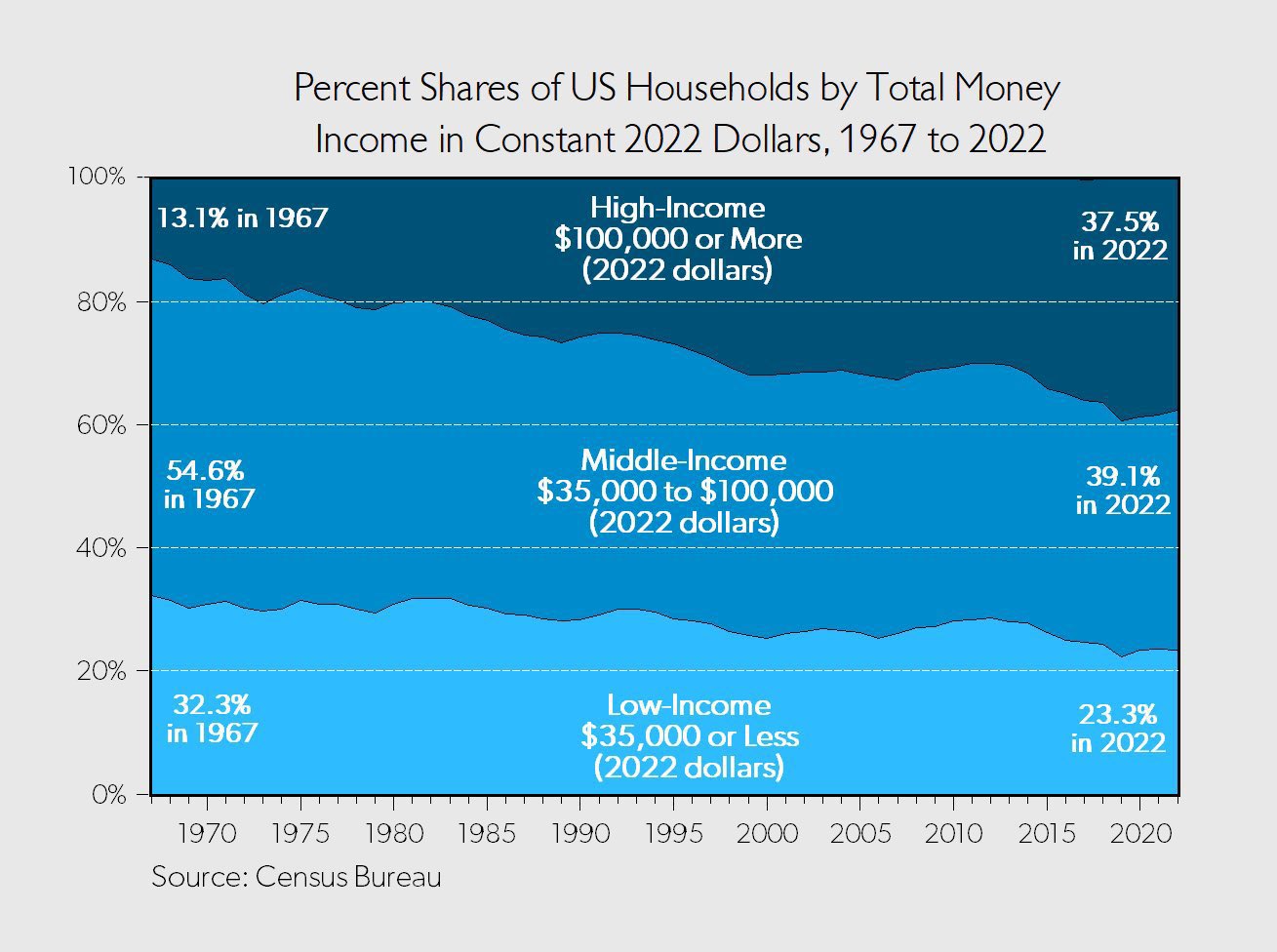The Average American Can’t Answer These Simple Tax Filing Questions
As tax season, a time most Americans dread, starts inching closer to the finish line, better known as the tax deadline, plenty of Americans out there don’t know enough about taxes. What’s worse is that many of these people are also the ones who are trying to do their taxes every year. With a little […] The post The Average American Can’t Answer These Simple Tax Filing Questions appeared first on 24/7 Wall St..

As tax season, a time most Americans dread, starts inching closer to the finish line, better known as the tax deadline, plenty of Americans out there don’t know enough about taxes. What’s worse is that many of these people are also the ones who are trying to do their taxes every year.
Unfortunately, there is a lot of misinformation out there regarding filing your taxes.
Too many Americans don’t know enough about filing taxes or how taxes are prepared to answer simple questions.
There is no question more education is needed in this department so more Americans can get a refund.
Are you ahead, or behind on retirement? SmartAsset’s free tool can match you with a financial advisor in minutes to help you answer that today. Each advisor has been carefully vetted, and must act in your best interests. Don’t waste another minute; get started by clicking here here.(Sponsor)
Key Points
With a little more education, most Americans would have at least a basic understanding of the tax process, including understanding terms and reasoning behind some of the tax code. However, until such a day happens, the average American can’t answer these simple tax filing questions.
20. Question
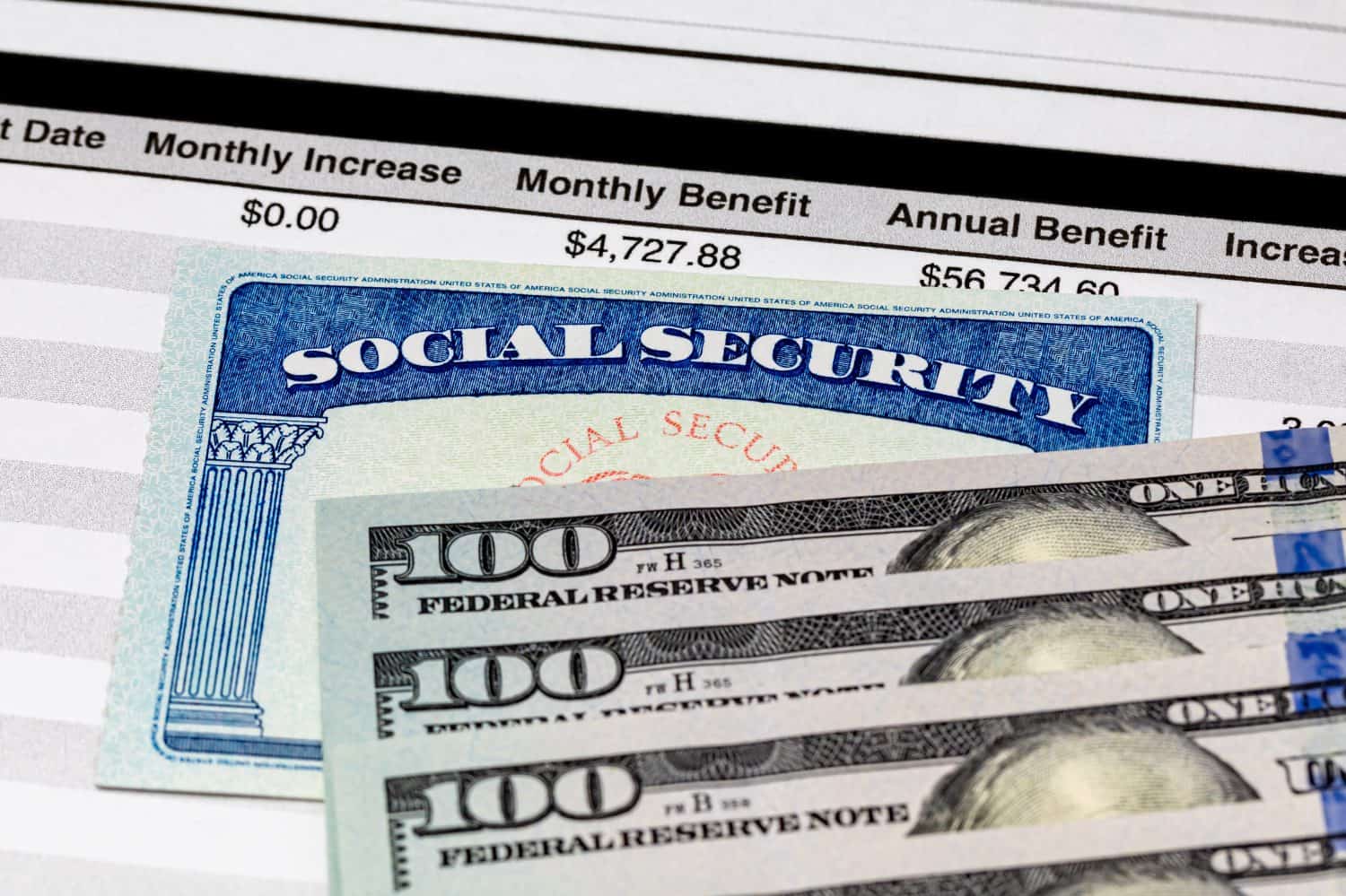
If you receive Social Security benefits, do you have to pay taxes on this money?
Answer: Yes

You will pay federal income taxes on your Social Security benefits, but this comes with a caveat. You won’t owe anything if you earn less than $25,000 in your combined annual income. However, if you earn between $25,000 and $34,000 in combined annual income, you will pay up to 50% in taxes on your Social Security benefit amount, and if you earn over $34,000 in combined annual income, the taxes on your Social Security benefits increase to up to 85%.
19. Question

Can you deduct your cell phone bill as part of your tax filing?
Answer: Yes

Anyone who is self-employed and uses a cell phone for work can deduct their cell phone bill and the purchase of a new one from their tax bill. However, only a percentage of the bill can be deducted, as personal use does not count.
18. Question

What kind of deductions can you qualify for beyond standard or itemized deductions?
Answer: Multiple Deductions Are Possible
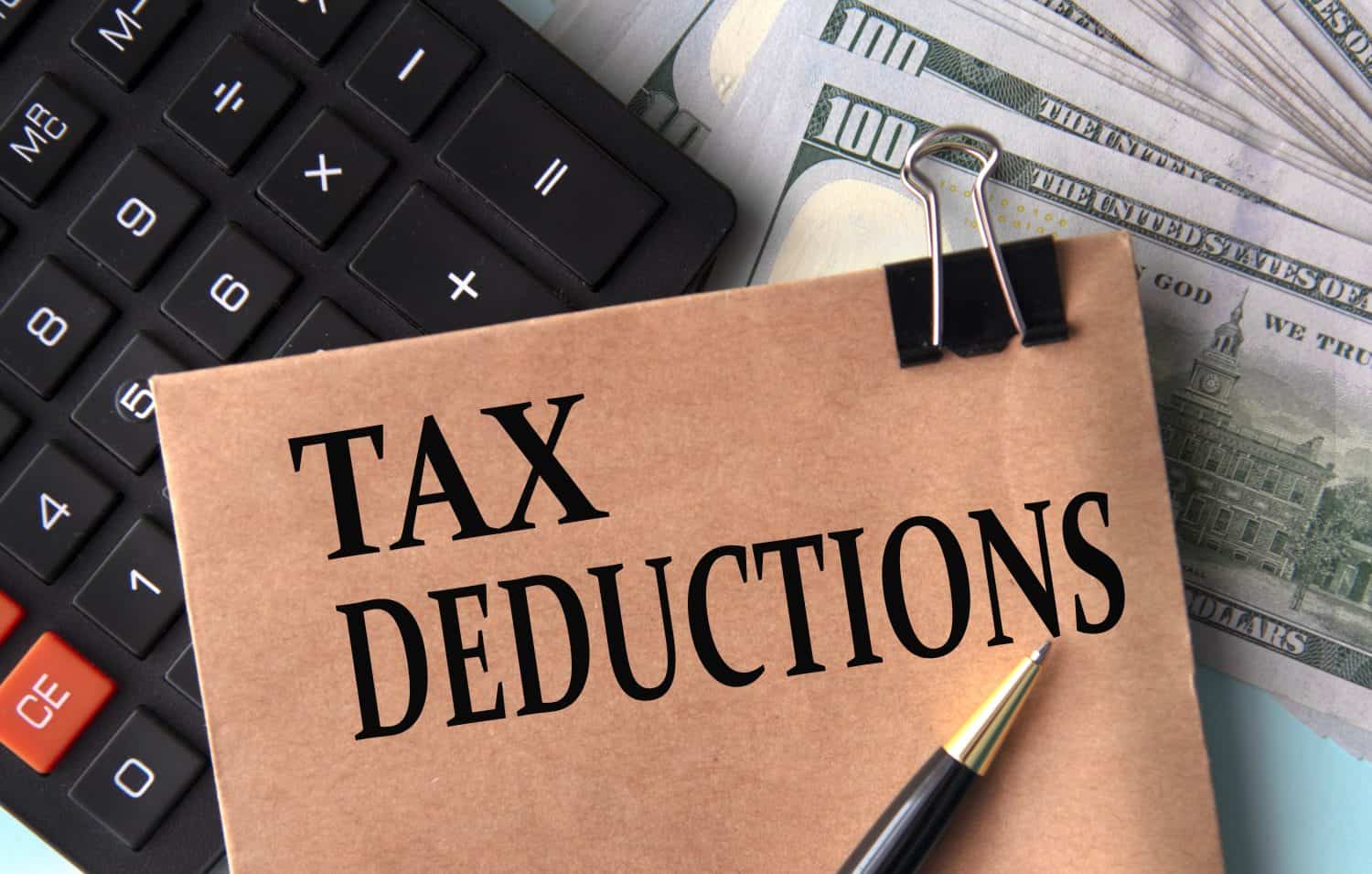
You can make itemized deductions from your overall tax bill if you contribute to an IRA, HSA, or FSA. The same goes for anyone currently paying off student loans, as the interest on these loans might be deductible if you meet specific income criteria. The same applies to independent contractors or small-business owners, who can deduct supplies, equipment, health and business insurance, utilities, and more.
17. Question

Can you receive a tax credit if you make any charitable contributions?
Answer: Yes, But It Depends

There has long been an understanding that most charitable contributions, even donations of old clothes to places like Goodwill, can be deducted from your taxes. However, this only works, and where most Americans get lost is that it doesn’t matter if you take the standard deduction. Charitable contributions are only applicable if you itemize your deductions.
16. Question

If I receive a gift from a relative, do I need to pay taxes on it?
Answer: It Depends

Unless the gift is over $18,000, you don’t have to pay any taxes on a gift from a relative. However, you are subject to the gift rule if the gift exceeds this dollar amount. Americans often confuse what constitutes a gift and what constitutes income, so there is a definite need for more education in this department.
15. Question

Do I need to keep tax records of previously filed taxes?
Answer: Multiple Reasons

Whether it’s for disputing an error or needing to provide documentation for filing out a mortgage, keeping your tax records, like your W-2, is a great way to prove what you previously earned that can be sent to a bank or loan officer.
14. Question

What is an estimated tax, and why do people pay it?
Answer: Quarterly Payments

Those who don’t want to pay one giant lump sum payment in April every year can prepay estimated taxes quarterly in April, June, September, and January. This goes beyond freelancers, as you can also pre-pay if you can calculate how much you will earn regarding stock gains.
13. Question

What is the standard deduction, and what does it mean?
Answer: Do Not Itemize

If you do not itemize your tax return, the standard deduction is a way for taxpayers to try to reduce their taxable income. Your age, filing status, and other factors impact the amount. The standard deduction is more popular because it’s less work than itemizing everything that may be a write-off in any given year. For 2024 taxes filed in 2025, the standard deduction is $14,600 for single filers and $29,200 for married filing jointly.
12. Question

What is the home office deduction if I work from home?
Answer: Requires Self-Employment

This question confuses self-employed people, as only self-employed people can take the home office deduction. Unfortunately, you cannot deduct home office expenses when working remotely for an employer. Still, if you are self-employed, you can deduct a portion of rent/mortgage, utilities, insurance, and even equipment you have purchased, such as a desk or laptop.
11. Question
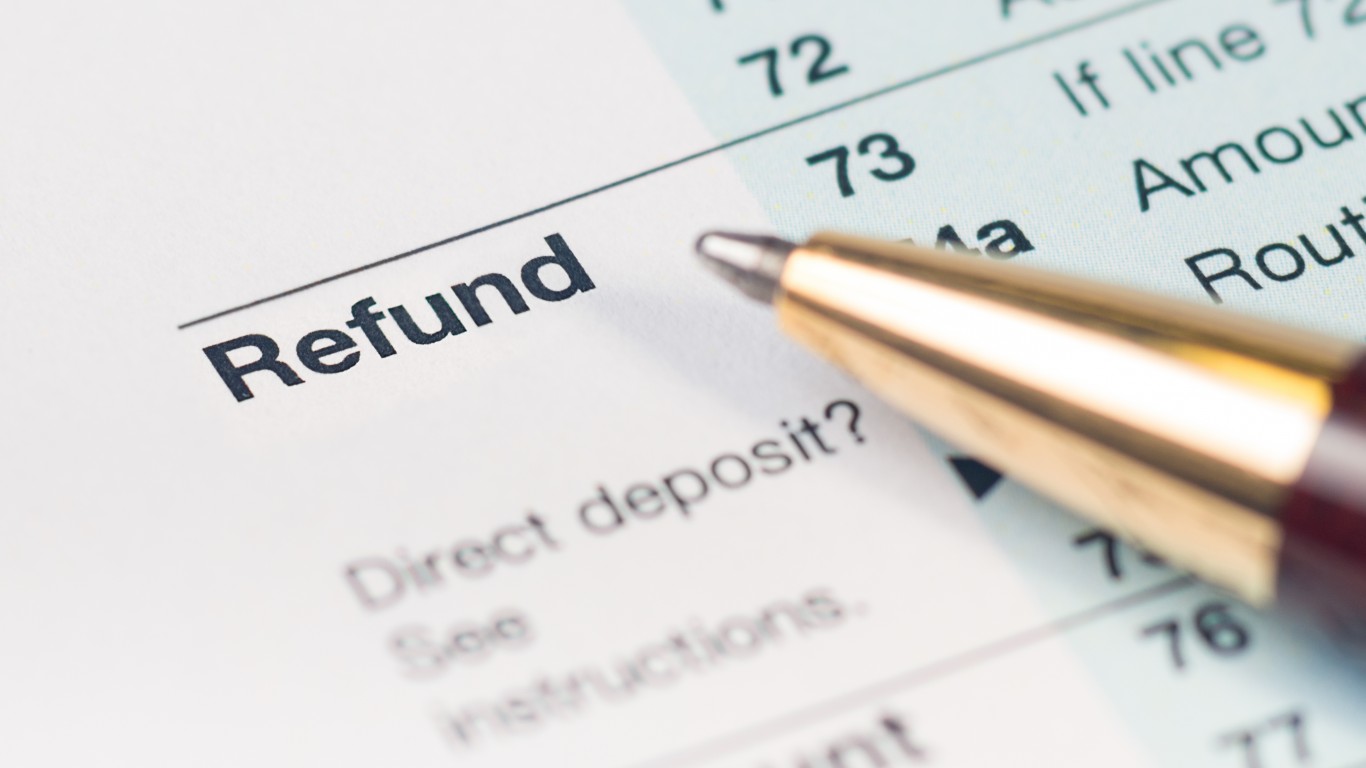
When will my tax refund arrive?
Answer: It Depends

Arguably, the most critical tax question for those getting a refund is that the answer depends. In the best case, you can receive it up to 21 days after you file electronically and request a direct deposit refund. A paper check can usually take longer, up to four weeks or even more, depending on how busy the IRS is at any given time.
10. Question

What is the self-employment tax?
Answer: Taxes On Earnings

As more and more Americans pursue self-employment, having left corporate life behind, they should be familiar with self-employment taxes. In 2025, this tax is a 15.3% tax on any net earnings, which means that 12.4% goes to Social Security and another 2.9% toward Medicare, which you will pay if you earn more than $400 in net earnings in any given year.
9. Question
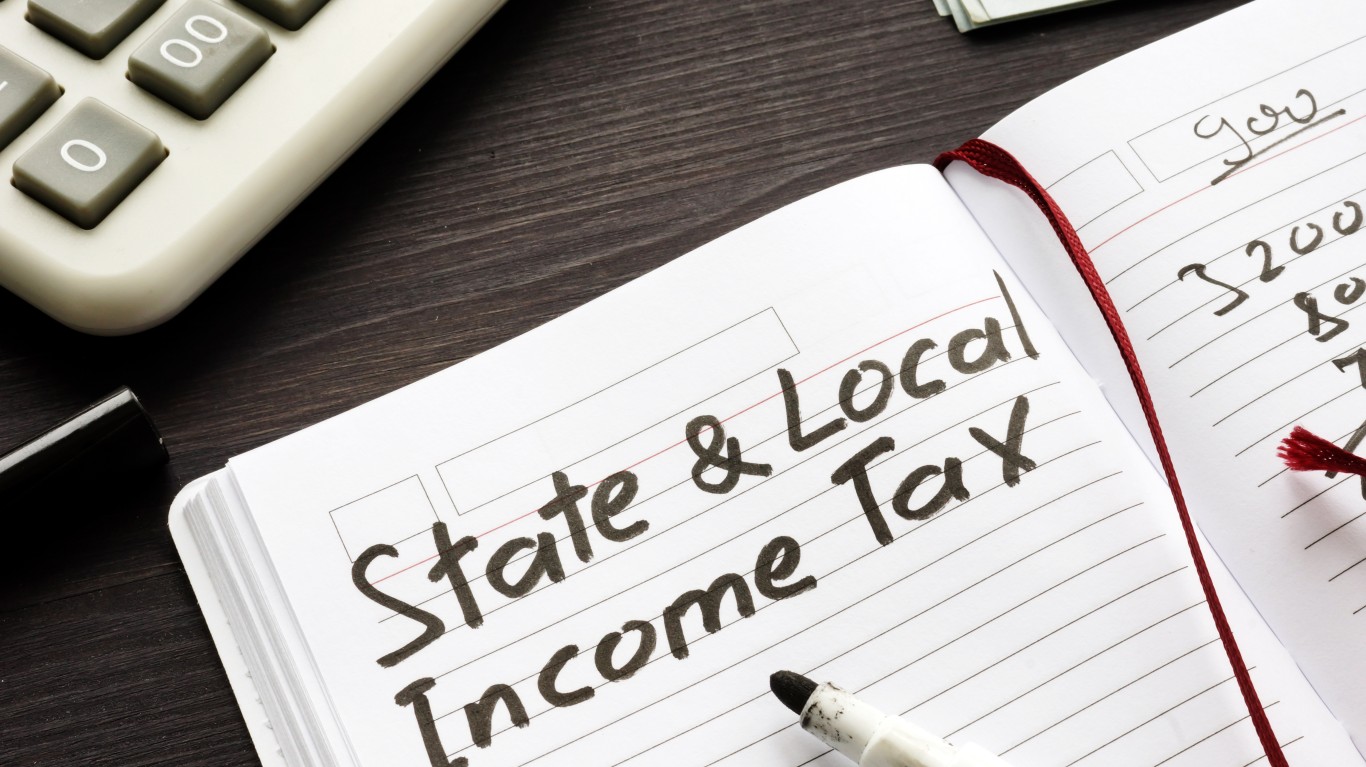
What is the difference between federal and state taxes?
Answer: What They Fund

When you pay federal taxes or money to the federal government, you contribute to programs like Social Security, defense, Medicare, and others. On the other hand, state taxes help pay for schools, roads, infrastructure, and more, though they vary from state to state. Some states, like Tennessee or Florida, have no income tax, so they rely on a sales tax to fund programs.
8. Question

What is the tax bracket, and why is it important?
Answer: Income Range

As America has a progressive tax system, the tax bracket increases alongside income, so the higher your income, the more you will owe in taxes. However, it’s essential to know that the tax bracket percentages do not apply to every dollar, just every dollar made as part of your marginal tax rate. Currently, in 2024 and 2025, there are seven total tax brackets for federal income taxes: 10%, 12%, 22%, 24%, 32%, 35%, and 37%.
One common misconception is that your income is taxed at a flat rate, which is inaccurate. Instead, you are taxed at different rates depending on your earnings. For example, someone who makes $75,000 would be taxed at 10% up to $11,600, 12% at up to $47,150, and 22% up to $75,000.
7. Question
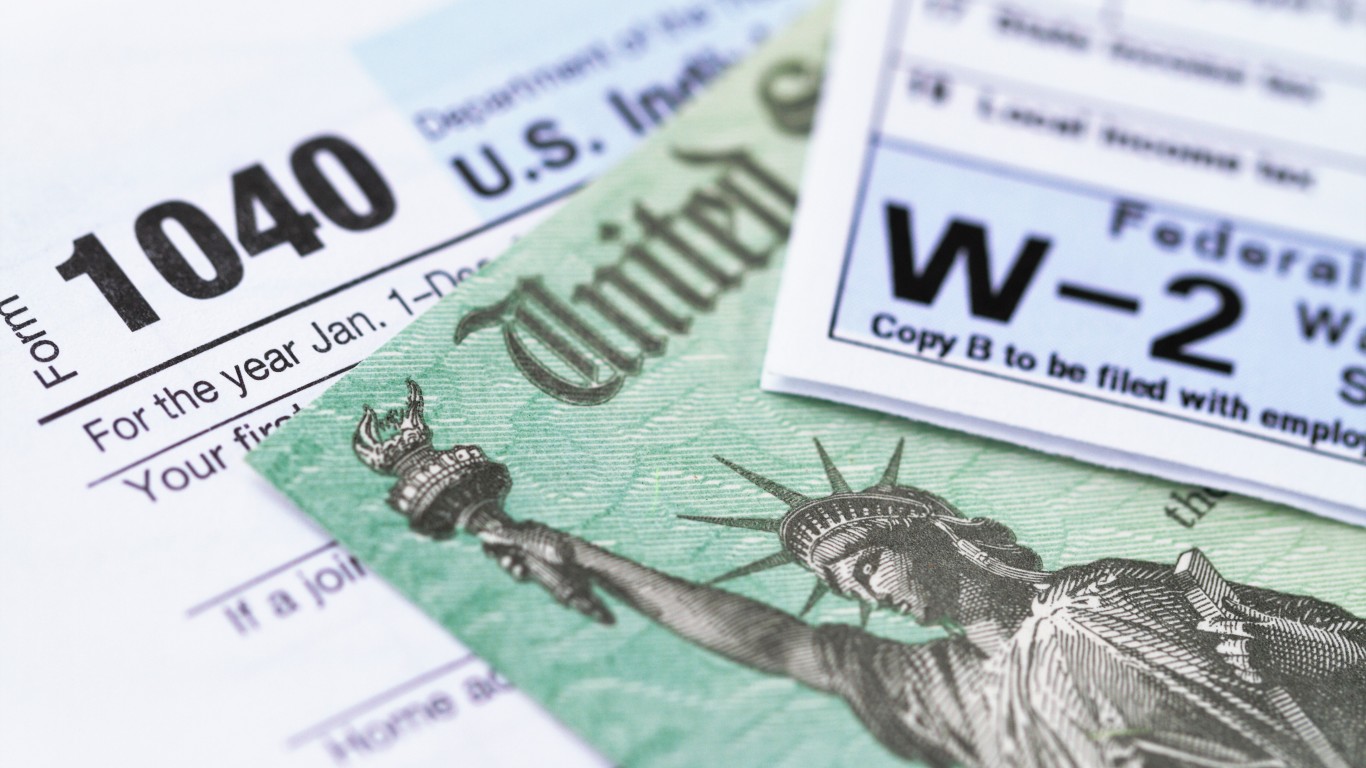
Why do I owe more taxes if money was already taken from my paycheck?
Answer: Imperfect System

The hope is that any money withheld on your paycheck is based on your W4 form, which estimates your tax liability to the government. However, it’s imperfect, to say the least. If you earn extra income, decide to claim fewer allowances, or have a deduction change during the year, this could impact how much you owe.
6. Question

What happens if you miss the tax deadline?
Answer: Fees And Interest

So, the answer to this question can be divided into two different scenarios. If you miss the April 15 tax filing deadline, the same day every year, and owe the IRS money, the government can and will charge you a late-filing penalty. Currently, the IRS will assess a penalty, “usually five percent of the tax owed each month, or part of a month that your return is late, up to a maximum of 25%.”
However, if you fail to pay your tax balance on time, you will be charged 0.5% of the unpaid taxes for each month, up to 25% of your unpaid taxes. In a scenario where you fail to both file and pay, you can receive a maximum penalty of up to 47.5% of the unpaid tax amount, but if you go over 60 days late, the minimum penalty is $485 or 100% of the tax required to be shown on the return.
5. Question

Can you file taxes for free with the federal government?
Answer: Yes

You can file for free with the IRS if you earn an Adjusted Gross Income of $84,000 or less. Unfortunately, this free opportunity doesn’t come with any assistance. Still, it does provide you with a level of guidance to help make sure you are filling in everything as accurately as possible.
4. Question

What is the difference between a W-2 and a 1099?
Answer: Type Of Employment

If you receive a W-2 form, it’s because you have had taxes withheld from your employer, while a 1099 document is used by freelancers and contractors, showing your income without any tax withholding. If you are a 1099 employee, you are responsible for paying all your taxes as no taxes have been prepaid.
3. Question

What is a W-2 form, and why is it important?
Answer: Important Document From Employer

If you receive a W-2 from your employer, it will show all the wages you earned and the tax deductions you received, including federal income taxes, Social Security, and Medicare. This document is among the most crucial when it comes to filing taxes.
2. Question

Who has to file a tax return in the United States?
Answer: Anyone Above a Certain Income

If you are a single filer in the United States and earn over $13,850, you must file a federal tax return for any money earned in 2024. Anyone self-employed with at least $400 in net earnings also has a self-employment tax.
1. Question

What is the deadline for filing taxes in the United States every year?
Answer: April 15

Traditionally, the deadline for all Americans to file taxes is April 15th, “Tax Day.” However, this can shift slightly if April 15 falls on a weekend or a holiday. In addition, Americans can request an extension, which gives you until October 15th of the same year to avoid penalties.
The post The Average American Can’t Answer These Simple Tax Filing Questions appeared first on 24/7 Wall St..
































































